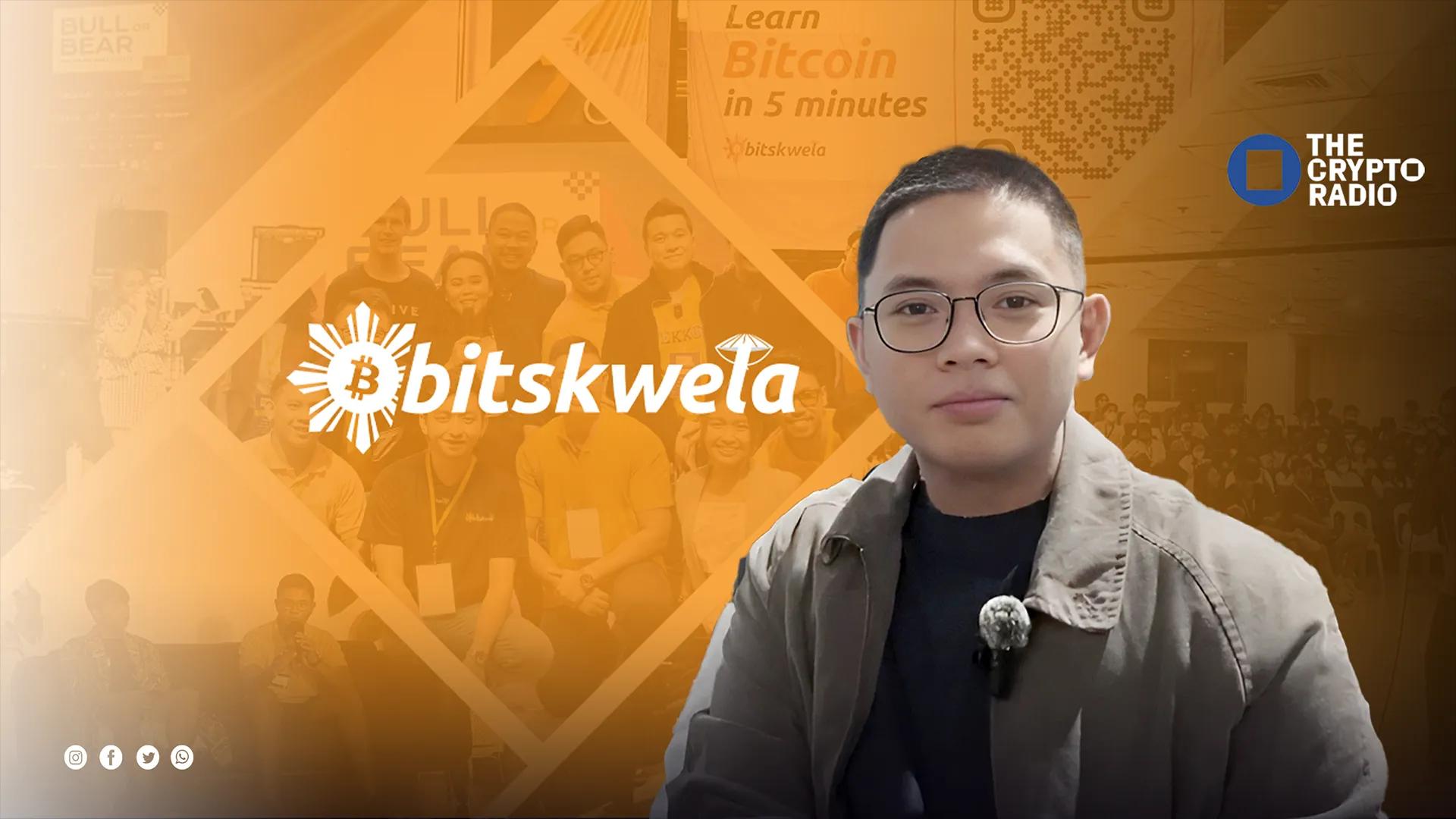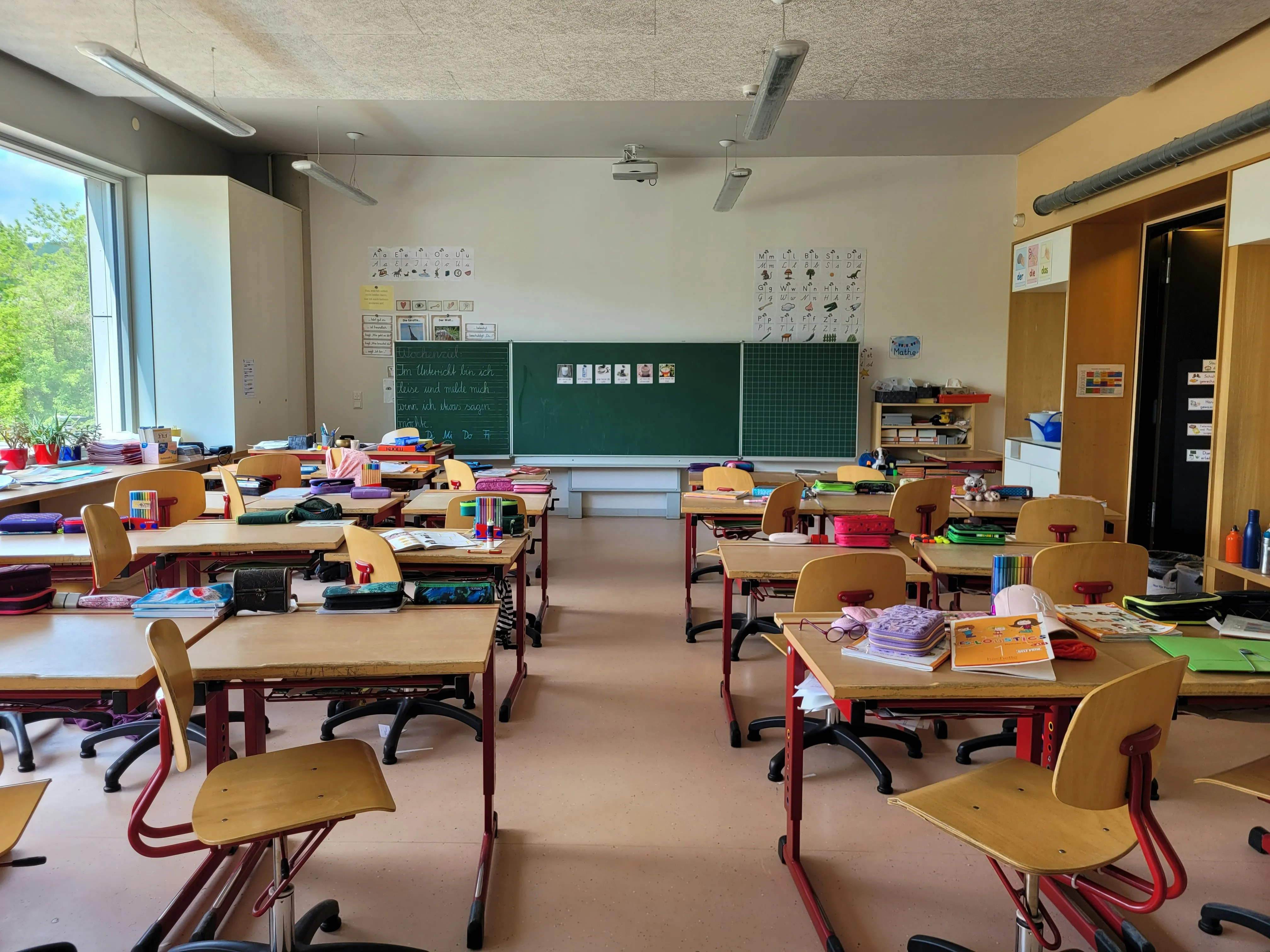Jiro Reyes wants blockchain taught in schools
'We’re simplifying crypto for everyday living,' he says, with the aim of getting a national blockchain curriculum by 2030

In tech conferences and provincial classrooms alike, Jiro Reyes, CEO and co-founder of Bitskwela, is on a mission: make blockchain make sense.
“We're simplifying crypto and blockchain for everyday living,” he told The Crypto Radio – and he means it, from boot camps to barangays.
At Philippine Blockchain Week, Reyes shared the story of Bitskwela, the education platform he co-founded to demystify blockchain and cryptocurrency for the Filipino public. “Bitskwela is one of the largest education brands in the Philippines when it comes to simplifying crypto and blockchain,” he said.
Unlike global platforms that offer generic content, Bitskwela is rooted in local relevance. “These platforms cater to a global audience. They're not hyper localized for a very unique culture like the Philippine market,” Reyes explained. That means teaching in Tagalog, Ilocano, and Cebuano – and breaking down smart contracts and wallets using real-life examples learners understand.
Crypto that speaks your language
Reyes believes making blockchain accessible starts with language – both literal and cultural. Whether he’s training students or briefing policymakers, the aim is to make crypto practical, not abstract.
Bitskwela’s programs include online courses, live events, and hands-on workshops that go far beyond lectures. The team teaches everything from Bitcoin basics to writing smart contracts – and adapts materials for different regions and levels.
This effort isn’t just about raising awareness. For Reyes, blockchain is a tool for economic inclusion. “This large population in the Philippines, they do not mostly pass blockchain, which is a very big economic opportunity for the whole country,” he said.
Building a web3 workforce
The opportunity Reyes sees isn’t limited to consumers. He believes the Philippines can become a regional hub for blockchain development – if it invests in talent now.
While the country has a strong IT sector, he estimates that fewer than 200 developers are proficient in blockchain technologies. Bitskwela is working to change that by teaching coding languages like JavaScript and Solidity, preparing learners to build decentralized applications from scratch.
Just as important is financial education. For many Filipinos, understanding stablecoins, digital wallets, and smart contracts is the first step toward taking control of their finances. By combining tech training with financial literacy, Reyes hopes to create a new kind of digital workforce – equipped to participate in, and shape, the web3 economy.
Bringing blockchain to schools

Bitskwela CEO, Jiro Reyes, wants blockchain to be taught in Filipino schools. Photo: Unsplash / Nathan Cima
Reyes doesn’t want blockchain education to remain a private-sector effort. “I'd like to see deeper engagement with DepEd,” he said, referring to the Department of Education. His long-term goal is a government-backed blockchain curriculum in schools by 2030.
That curriculum wouldn’t focus only on coding. Reyes envisions a broader framework that includes economic concepts, ethics, and real-world use cases – helping young people understand both the power and responsibility that come with emerging technologies.
Bitskwela has already conducted training for public officials and worked with local government units (LGUs) to introduce blockchain concepts. These partnerships, Reyes hopes, can lay the foundation for national adoption.
If blockchain is introduced early in the education system, he believes the Philippines could leapfrog into a leadership role in Southeast Asia’s digital economy.
Taking blockchain to the provinces
Bitskwela’s mission is intentionally nationwide. The team regularly travels beyond Metro Manila to hold in-person trainings – ensuring blockchain literacy doesn’t remain the preserve of urban tech hubs.
“It’s a long process, and it’s not an overnight success,” Reyes admitted. But by bringing education directly to communities, Bitskwela is closing the digital divide and showing that crypto can be relevant everywhere.
Reyes points to similar hyper-local blockchain education movements in countries like Turkey, Singapore, and Hong Kong. He believes the Philippines has the potential to become a model of its own – exporting both talent and frameworks in the years ahead.
For now, his focus is steady: equip people with tools they can use, wherever they are. “Our goal is by the year 2030, hopefully our different government officials, universities, or organizations, they're more educated in a proper manner when it comes to this new frontier,” he said.




